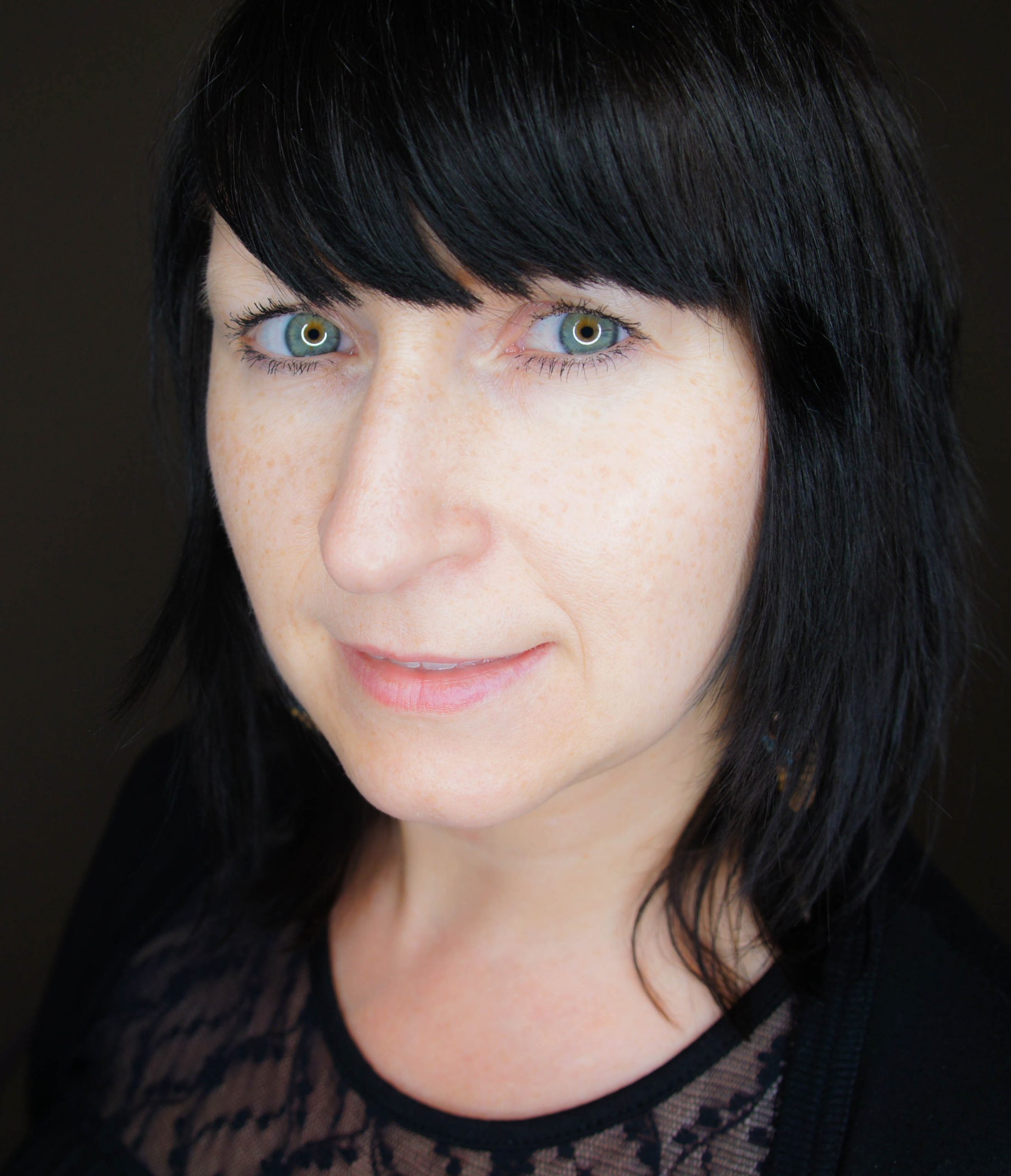Beate Lichtenberger
Skin & Endothelium Research Division (SERD), Department of Dermatology, Medical University of Vienna, Anna Spiegel Center of Translational Research Lazarettgasse 14, A-1090 Vienna, Austria
| beate.lichtenberger[at]meduniwien.ac.at | |
| Website | http://www.lichtenbergerlab.org/ |
| Project Name | CAFs in skin cancer |
| Publication Page | https://pubmed.ncbi.nlm.nih.gov/?term=Lichtenberger%20Beate |
| Field of research | skin research & regenerative medicine |
| Keywords | skin | fibroblasts | skin cancer | wound regeneration | fibrosis | cellular and molecular skin atlas |
| https://www.linkedin.com/in/beate-lichtenberger-a033312b/ | |
| https://twitter.com/LichtenbergerLB |
Dr. Beate Lichtenberger obtained her PhD from the University of Vienna in 2009. She completed her doctorate studies in Genetics and Microbiology under the supervision of Prof. Maria Sibilia at the Institute of Cancer Research in Vienna. In 2011, Beate joined the laboratory of Prof. Fiona Watt, one of the world-leading labs in skin and stem cell biology, at the University in Cambridge and later at King’s College London as a postdoctoral fellow. In 2016, Beate returned to Austria after receiving funding from the prestigious Elise Richter Program of the Austrian Science Fund (FWF), which allowed her to establish an independent research group at the Department of Dermatology, Medical University of Vienna, and to indulge her passion for skin research.
Beate’s research aims at a better understanding of how fibroblasts – an important cell type that keeps our skin smooth and elastic – affect skin cancer, skin regeneration and skin diseases like scleroderma and keloid scars. Her lab addresses the yet unresolved role of cancer-associated fibroblasts in malignant skin cancer and the function of distinct fibroblast subsets in fibrotic skin pathologies using innovative techniques including in vivo lineage tracing, single-cell transcriptomics, and mass cytometry. Beate has already provided key contributions to the understanding of basic skin biology as well as new insights into the process of wound regeneration and skin cancer development showing true therapeutic potential. She has received numerous awards and honors including the Austrian Dermatology Award 2016 and 2018, and the prestigious LEO Foundation Award 2021.
